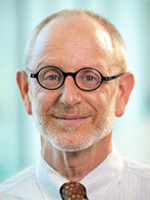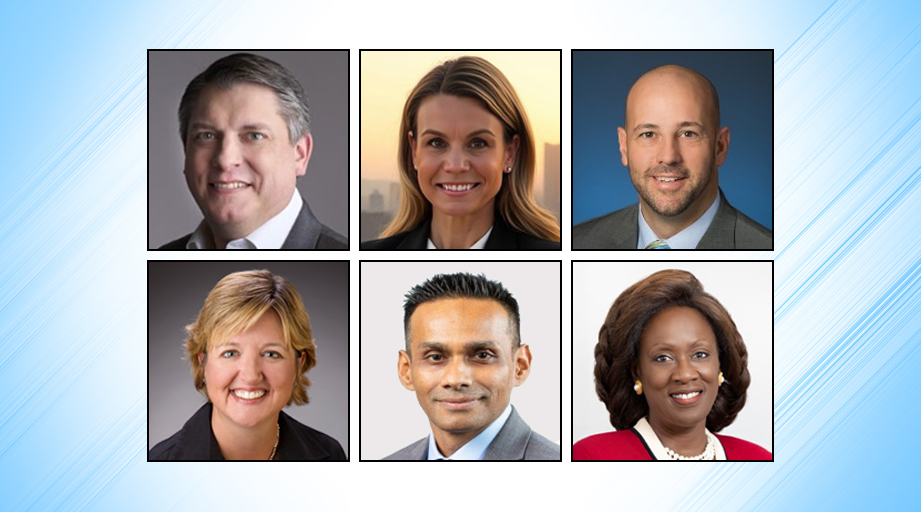

Kenneth Richman
Making the rounds at healthcare conferences, Kenneth Richman is often the only philosopher in the ballroom. But he rarely feels out of place. As a professor of philosophy and healthcare ethics at MCPHS University in Boston, Richman thrives on helping healthcare providers untangle the complicated social issues they face every day.
Richman is program chairman and moderator for the Joseph A. Oddis Ethics Colloquium: Social Determinants of Health and the Pharmacist at the 2023 Summer Meetings & Exhibition in Baltimore. The two-part session includes lectures as well as breakout groups in which participants will examine case studies that incorporate lessons about social disparities in healthcare.
“This session will highlight some of the things we can do as a community to make the distribution of health fairer,” said Richman. “And to help us understand our patients and the contexts in which they end up facing the health challenges they do.”
You can use snippet to insert predefined blocks of HTML.
Richman spoke with ASHP in advance of the Summer Meetings. What follows is an edited transcript of the conversation.
ASHP: Social inequities in healthcare have been around for many years. When and why did we get serious about talking about them?
Richman: As we have paid more attention to rights and equality and trying to treat people the same. If we’re going to hold people responsible for what they make of their lives, we have to give them a fair chance. And they don’t have a fair chance if they don’t have a fair share of health. Because health is a platform that allows us to make choices about our lives.
Sometimes we blame people, “Why did you eat so badly? Why are you always smoking or drinking?” Sometimes people do make bad choices. But there are lots of factors that help us amoralize certain choices, so we recognize, “Oh, I would’ve made the same choice if I had been in that circumstance.”
When you say “amoralize,” you mean “take away the judgment?”
Absolutely. There are a couple of things that stick in my mind. One is food deserts. I grew up near one in Newark, New Jersey. There were no supermarkets. I lived in the next town over, and I remember seeing people who clearly couldn’t afford to live in my town in the supermarket. They had their bags and they had to take the bus back and forth to get fresh fruits and vegetables. Well, what if you can’t take three hours to go to the grocery store? Because you have a baby, because you have two jobs. Well, you’re going to have to eat what’s available in your neighborhood, even if it’s really unhealthy food. So when someone comes in with health results of a poor diet, sometimes we think “What’s the matter with you?” But the structures really worked against them in a way they couldn’t get over.
Some of this is to help providers cultivate compassion for their patients. But you’re also talking about what can be done at a higher level.
That’s right. Social determinants are a result in part of decisions by individuals, but they’re also shaped by policy, including tax policy, real estate zoning laws, healthcare availability, placement of hospitals, placement of schools, what we subsidize and what we don’t subsidize. On the one hand, pharmacists really should be paying attention to their individual patients when they come in. On the other hand, we’re all part of a system. And if we don’t realize how the system is influencing our work with individuals, then we can’t do the whole job of being good professionals.
Are there things we often get wrong about this topic?
We tend to focus on healthcare as the only socially controllable factor. We think where there are differences in health outcomes we ought to put a lot of resources into health insurance and access to care. Those are really important. But differences in public education, in the quality of water, in access to childcare, and other things that are not directly health care, those are also factors that affect people’s health. The thing that we get wrong is we think the only way to address this is to throw healthcare at it. But that’s closing the barn door after the horse got out.
Because before the patient even shows up in your clinic, they’ve got this story behind them.
Right. All the structures are reflected in their bodies. And some of that is a kind of a weathering, which you might have heard of. You can see it physically in homeless people who are literally out in the weather. You say “Oh my goodness, this person is 10 years younger than I am and looks 20 years older.” Weathering affects many people in less obvious ways. The stress of that insecurity, not knowing when someone might fire you, this worrying about whether you can afford your groceries or rent, that of course affects health.
When we’re educated about this, we can be much less judgmental about the individuals who walk in. We can also be a voice in our organization that raises these questions and thinks carefully about the policies, sometimes as simple as a change in pharmacy hours, that can affect access to care.
What do you hope people bring to the session?
I would be glad to have people come who haven’t thought about this before. I’d be glad to have people come who are skeptical about the social determinants of health. I’d be glad to have people who are just curious about learning something new. It’s not as fun to preach to the choir because you don’t make a difference.








